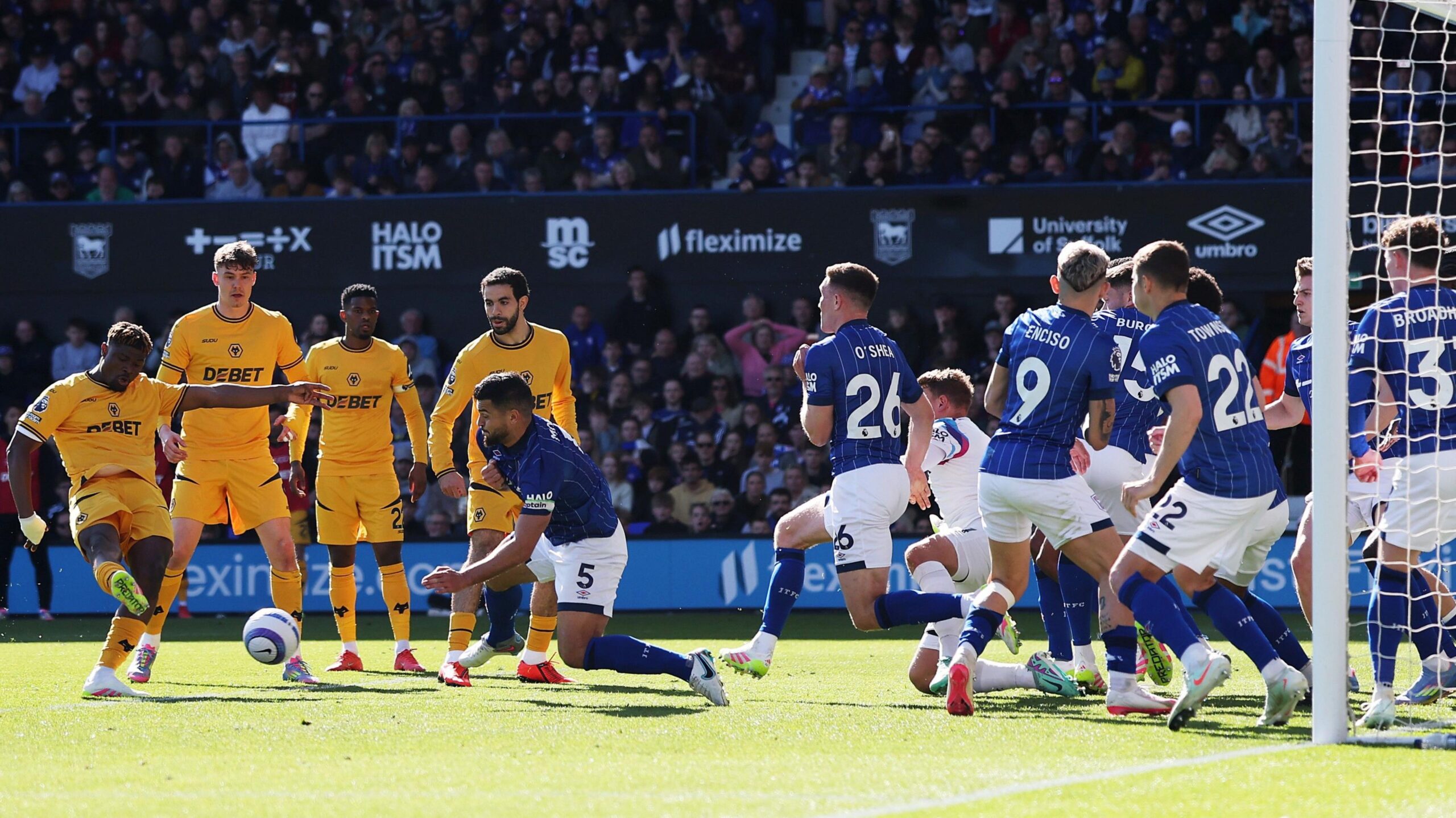- 32 Comments
Players, pundits and referees were asked what rules they’d change to improve football by BBC Sport.
Some of the ideas may sound unrealistic, but how football is played has always been shaped by the continually changing laws.
If the rule changes suggested were implemented, how would they reshape the tactical landscape?
How changing penalty rules would affect tactics
The first suggestion was around ensuring the punishment for fouls in the box matched the severity of the foul.

Making the punishment more appropriately fit the crime, by giving free-kicks instead of penalties for these types of fouls in the box, would empower defenders to engage far more physically.
Centre-backs could step in and challenge without the constant fear of conceding a penalty for minimal contact. We’d likely see more front-footed and aggressive defending against forwards receiving the ball with their back to goal, which would make hold-up play more difficult. In wider areas, defenders would be able to physically usher players out of the box more often, too.
This more aggressive style of duelling would make attacking against low-blocks difficult. Attacking centrally and sustaining pressure for long periods of the game has the added benefit of winning penalties, which would cease to be the case. There may therefore be an increased focus on wide play and crosses instead.
To counteract aggressive defending in low blocks, attacking teams would likely focus on fast, direct attacks – not allowing opponents to get lots of players back into their own box.
Direct or indirect free-kicks instead of penalties?
With non-penalty fouls resulting in free-kicks, rulemakers would have to decide between direct and indirect free-kicks as the norm.
If free-kicks were direct, the distance defending players would have to be from the ball would likely result in these chances still being good goalscoring opportunities.
For strong ball-strikers, this rule change may not have the intended impact of making fouls in non-goalscoring areas considerably less likely to result in goals. You can imagine players like Dominik Szoboszlai or Bruno Fernandes would aim for the roof of the goal, scoring over players standing 10 yards back.

After an initial decrease in goals, we would likely see a focus on indirect free-kick routines. The players who have scored from these scenarios in the past have done so using clever tactics to move the wall.
Alan Shearer scored from three indirect free-kicks in the Premier League and one for England. Team-mates would fake to shoot, which would invite onrushing pressure. Following the fake shot, the defending players would be asked to go back to their original position.

Would a stop-clock stop time-wasting?
The introduction of a stop-clock to minimise time-wasting is another potential rule change often spoken about. The idea here is to play 60 minutes of actual football, stopping the clock when the ball isn’t in play.
In reality, teams would probably still opt to waste time. A large part of wasting time in football is to disrupt the flow of the game, making it difficult for the attacking team to gain momentum, rhythm and tire the opposition out.
Although time-wasting would still be attempted, longer matches would result in teams that dominate the ball having more chances to score.

Teams that possess technically secure players could find ways of time-wasting in open play too, thus letting the clock run down. This could be in the form of using more players in the build-up and passing it around the back, or shielding the ball in wide areas.
This season the ball has been in play for an average of 55 minutes and four seconds per game in the Premier League. A stop-clock of 60 minutes would actually result in more in-play game time than current 90-minute matches.
NFL games are 60 minutes long but can take more than three hours to reach that 60-minute mark. Similarly, time-wasting tactics and injuries could prolong a 60-minute in-play football match into a game that lasts far longer.
In matches like these, the crowd’s intensity may dwindle – potentially minimising the home team’s advantage at points.
Rule changes have unpredictable consequences
Football tactics shape how the sport is played. Over time, these tactics can tilt the balance too far in one direction – after which rules are changed, aiming to bring balance back. Those rule changes then reshape football tactics and this cycle repeats.
Related topics
- Football
Source: BBC

Leave a Reply